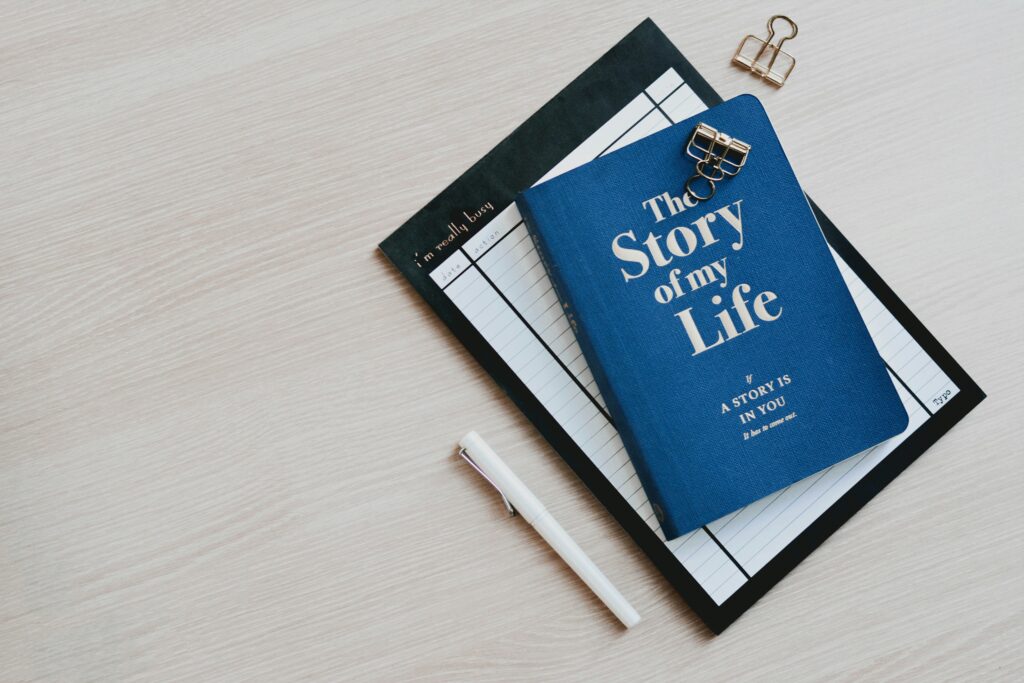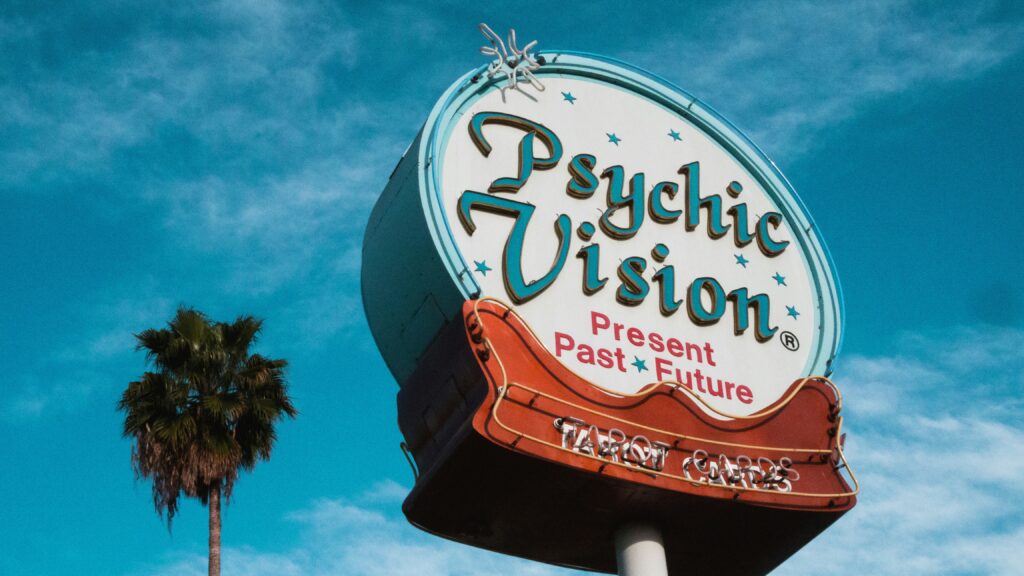Personal Essay
What is Freewriting? + Prompts to Elevate Your Writing Process
If you’re trying to write but can’t get the words flowing, freewriting can jumpstart the writing process. Freewriting is a no-pressure method of simply getting words on the page: similar…
Read MoreBest Online Writing Communities: How to Find Your Writers Group
The best online writing communities connect you to the literary world at large, supporting your craft and creativity while helping your voice be heard. At the same time, the internet…
Read MoreFlash Nonfiction: The Craft of Tiny Truths
Flash nonfiction is an emerging literary genre that combines the concision of flash fiction with the truth-seeking qualities of creative nonfiction. By using as few words as possible to strike…
Read MoreHow To Write a Book About Your Life: 8 Steps to Writing Your Memoir
Writing a book about your life is an intense experience. As you learn how to write your life story, you’ll also be confronting uncomfortable truths about yourself, possibly learning new…
Read MoreWhat Else? – How Research Makes Meaning
Since all the essays in my new collection, Shelter and Storm: At Home in the Driftless, incorporate facts I learned from asking experts, reading scholarly works, or rooting around in…
Read MoreTruth in Possibility: Writing Speculative Nonfiction
Speculative nonfiction is an emerging genre of literature that empowers writers to incorporate imagination, wondering, and non-shared realities into works of creative nonfiction. By writing into the realm of possibility,…
Read MoreLiterary Motifs: What is a Motif in Literature?
When a work of literature employs an image or idea in repetition, that image or idea might be a motif. Literary motifs describe noteworthy repetitions whose presence in the work…
Read MoreSpiritual Journaling: How to Keep a Spiritual Journal, and 46 Spiritual Journal Prompts
If you have an active spiritual practice, I strongly recommend keeping a spiritual journal. I’ve been spiritually journaling regularly for the past three years, and my personal spiritual growth over…
Read MoreWellness Journaling: How to Journal for Wellness
Keeping a wellness journal allows us to monitor our health in a way that’s both freeing and healing. Traditionally, journaling is a way to keep a written record of our…
Read MoreHow to Write a Personal Narrative Essay
A personal narrative essay is a form of creative nonfiction writers use to share compelling stories from their own lives. Through the writing of personal narrative essays, writers can examine…
Read More









